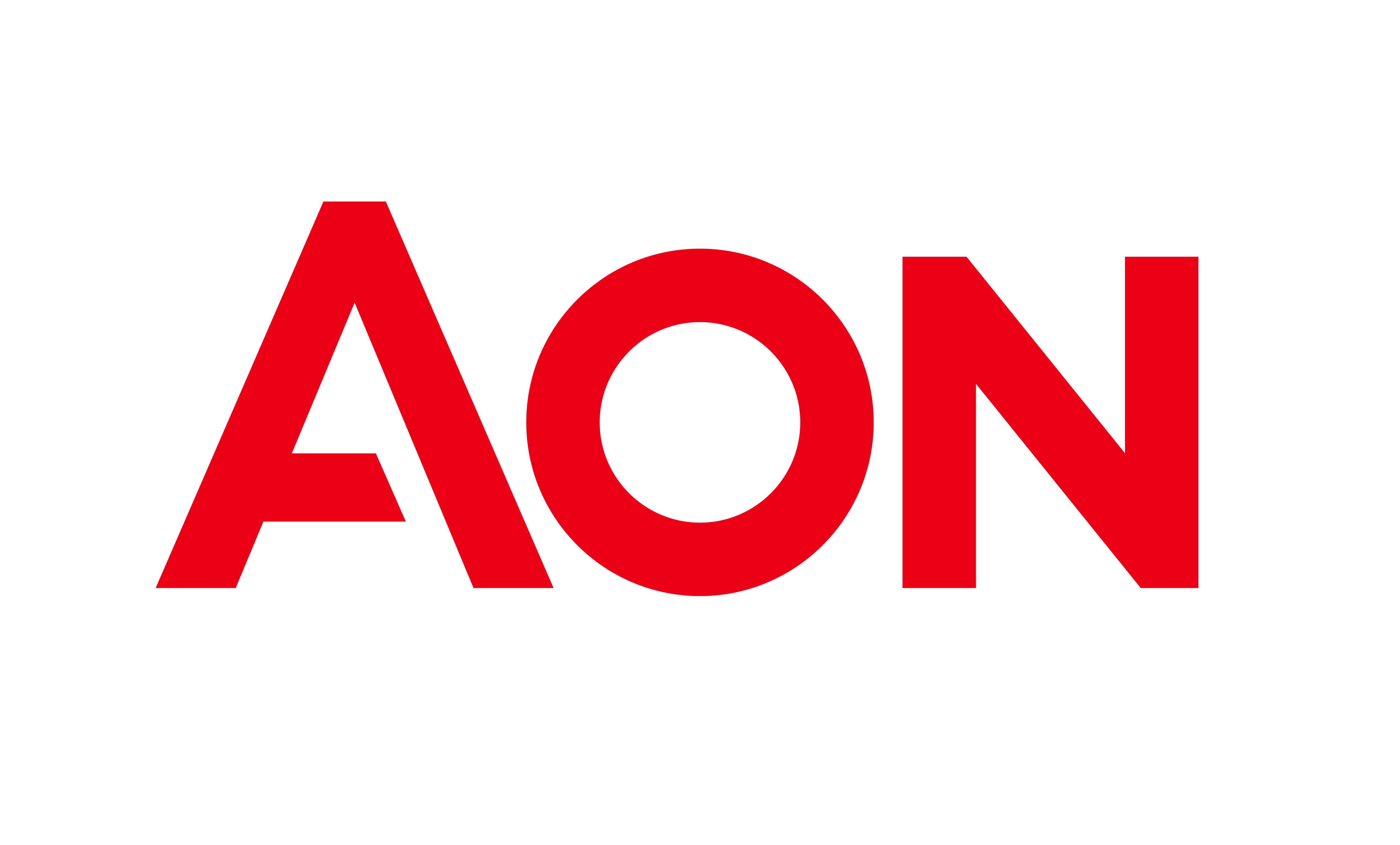On an average, the body of an adult human being is 60 percent water. About 71 percent of the Earth’s surface is water-covered and the oceans hold about 96.5 percent of all Earth’s water. Water sustains life. Life will cease to exist if we don’t have water albeit, most of the water on Earth is unusable and only three percent of the world’s water is fresh water that can essentially be used for human consumption.
But centuries of exploitation, has brought us all to ask this one quintessential question: Is there enough water to quench human thirst?
The answer would be a big emphatic “no”. The 21st century has brought with it, the worst water crisis that mankind has ever faced. [1]Some 1.1 billion people worldwide lack access to water, and a total of 2.7 billion find water scarce for at least one month of the year. About 2.4 billion people are exposed to cholera, typhoid, and other water-borne diseases due to inadequate sanitation and about 2 million people, mostly children, die each year from diarrheal diseases alone.
The worst is not said yet. Rivers, lakes, and aquifers are fast drying-up or becoming too polluted to use. More than half of world’s wetlands have disappeared. Agriculture consumes more water than any other source and wastes much water due to inefficiencies. As per the Central Water Commission, 85.3% of the total water consumed in India was for agriculture in the year 2000. This is likely to decrease to 83.3% by 2025. Climate change is altering the weather patterns around the world, causing water shortages, heat waves and droughts in some areas and floods in others.
In India, millions of lives and livelihoods are under threat. According to the composite water index report released by NITI Aayog in 2018, 600 million Indians face high to extreme water stress with about two lakh people dying every year due to inadequate access to safe water. By 2030, the country’s water demand is projected to be twice the available supply, implying severe water scarcity for hundreds of millions of people and an eventual ~6 percent loss in the country’s GDP. The report illustrates:
- Critical groundwater resources, which account for 40 percent of our water supply, are being depleted at unsustainable rates;
- More than 20 cities, including New Delhi, Bengaluru and Chennai, will run out of groundwater by 2020, affecting 100 million people.
Benjamin Franklin once said, When the well is dry, we know the worth of water. The residents of Chennai had to learn this the hard way. In Chennai this year, taps ran out of water. People had no choice but to be dependent on tankers supplying freshwater. It affected the city’s poor the most — a 9,000 litre tanker from Chennai Metropolitan Water Supply and Sewerage Board (CMWSSB) cost nearly a‚¹700 – ₹800, whereas, private companies charged ₹4,000 – ₹5,000. With demand outstripping supply, the waiting period for tankers from CMWSSB stood at 15-25 days. High prices and low availability of public tankers made water unaffordable for the people living in slums and lower income societies. The cost of buying water for many came to almost half of their monthly income.
There are multiple factor working together to cause the water crisis in India. A few are listed below:
- Water pollution: The sources of water pollution including pesticides and fertilizers that wash away from farms, and human waste that is directly dumped into rivers without treating in the water treatment plant.
- Over population: due to population growth combined by massive growth in industrialisation, urbanisation, increasing needs of irrigation etc. have pushed the demand for wate
- Wasteful Agricultural practices: Agricultural irrigation accounts for 90 percent of India’s freshwater withdrawals. India’s annual agricultural water withdrawal is highest in the world followed by China and United States.
- Overexploitation of ground water leading to depletion of water tables. States like Delhi, Haryana, Punjab and Rajasthan, have surpassed groundwater development to over 100% which implies that in these states the annual ground water consumption is more than annual ground water recharge
- Deforestation and mismanagement of wetlands leading to adverse implications on water quality.
- Climate Change: Delay in monsoon and change in pattern due to climate change
MITIGATING THE CRISIS
To counter the situation, government of India launched a nationwide water conservation campaign ‘Jal Shakti Abhiyan under the aegis of the Jal Shakti Ministry, Government of India in July this year. The campaign focuses on five aspects: water conservation and rainwater harvesting; renovation of traditional and other water bodies; reuse of water and recharging of structures; watershed development; and intensive afforestation.
Prime Minister Narendra Modi flagged water as a top priority during his radio programme ˜Mann ki Baat” and appealed to people to start a mass movement for water conservation. In his Independence Day speech, he urged people of India to conserve water and adopt methods like rainwater harvesting.
There is an urgent need of a multi-pronged and multi-stakeholder strategy, that will involve government agencies, corporates, non-profits, social enterprises, media and communities to act together to mitigate the crisis.
To this end, Corporate Social Responsibility (CSR) can play a vital role. As per the Company’s Act 2013, profit-making companies are mandated to spend at least 2 percent of their profits on social development projects of their choice. Corporations, therefore must recognise the water crisis as a real threat to the economy and invest social development projects to alleviate the water crisis. Government schemes are in place, but with a little help from big corporations, non-profit organisations and media, these schemes can be made more accessible to the vulnerable communities.
KNOW WATER
OneStage recently launched the “KNOW WATER” campaign, to address the water crisis in India. The campaign aims to engage corporations and individuals to reach out to urban/rural population to create awareness about the water crisis in India and get closer to the water conservation targets set by the Jal Shakti Abhiyan under the aegis of the Jal Shakti Ministry, Government of India. KNOW WATER campaign sets out to address the water crisis in India and take the government of India’s water agenda forward through a 360-degree approach“ taking concrete steps and raising mass awareness about water conservation and environment protection, targeting both urban and rural population in phased manner.
Through the campaign, we set out to:
In schools
- Work with technology partners to design and develop rain water harvesting systems in educational institutions
- Organise capacity building programmes at various levels: school administration and local government authorities, to disseminate knowledge related to planning, designing, operations and maintenance of rainwater harvesting system in schools
- Design learning programmes and interactive workshops for school children and teachers about reducing water wastage
- Mobilise school children by appointing them as “Water Champs” to further the cause and raise local community awareness about water conversation and environmental protection through mohalla nataks (street plays), chai pe charcha (discussion over tea), constitute water panchayats and door to door interaction and home inspection to minimise water wastage Mobilise school children by appointing them as “Water Champs” to further the cause and raise local community awareness about water conversation and environmental protection through mohalla nataks (street plays), chai pe charcha (discussion over tea), constitute water panchayats and door to door interaction and home inspection to minimise water wastage
- Reach out to urban communities through a 360-degree communication campaign and leverage print, electronic and social media to create awareness about the importance of water conservation and environment protection
- Conservation of traditional water bodies likes lakes, ahar-pynes, gokuntas
- Tree plantation in schools and community level
- More crop per drop:
- Promote second crop and third crop in same plot of land through agro forestry model of plantation leading to sustainable income for farmers and annual crop cover.
- Train farmers on water efficient farming practices like sprinkler and drip irrigation.
In urban areas
In rural areas
In rural and urban areas
Targeting farmers
The KNOW WATER campaign gained traction and public support at Airtel Delhi Half Marathon this year, where individuals ran to support the water campaign and spread awareness about the cause.
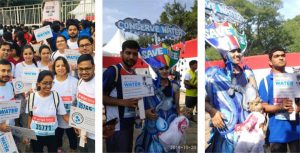
Additionally, OneStage supports several water conservation and environmental protection projects. These projects address the needs of vulnerable communities to access safe and affordable drinking water, water and sanitation for schools, climate adaptation for farmers in drought prone areas, green school programme, waste water treatment and protection of lakes. OneStage has a footprint in 10 Indian states namely Andhra Pradesh, Bihar, Jharkhand, Karnataka, Maharashtra, Odisha, Tamil Nadu, Telangana, Uttar Pradesh and West Bengal on water related issues addressing the demand side and supply side augmentation.
OneStage calls upon corporations, media, government and individual to come forward and show support to OneStage’s “KNOW WATER” campaign.
Search
Categories
Recent Posts
- A brief visit to a project site in Gurugram
- How was OneStage born?
- ‘The plight of people moved me, and the heroic efforts of frontline workers inspired me to support COVID Relief work’
- 7 ways to take care of your Mental Health during the pandemic
- 5 things you must keep in mind before forwarding information on COVID
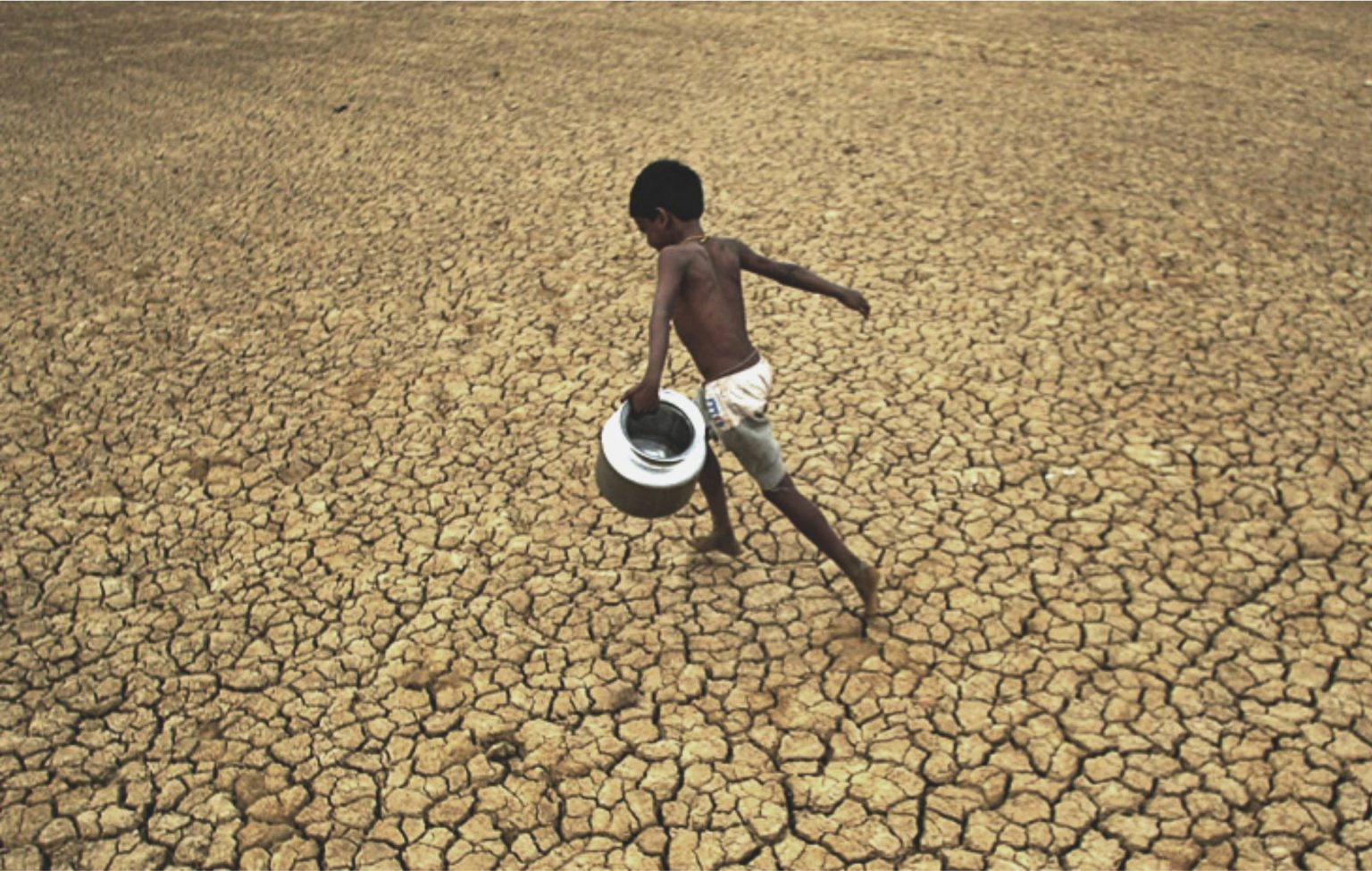



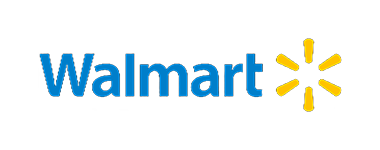
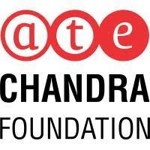

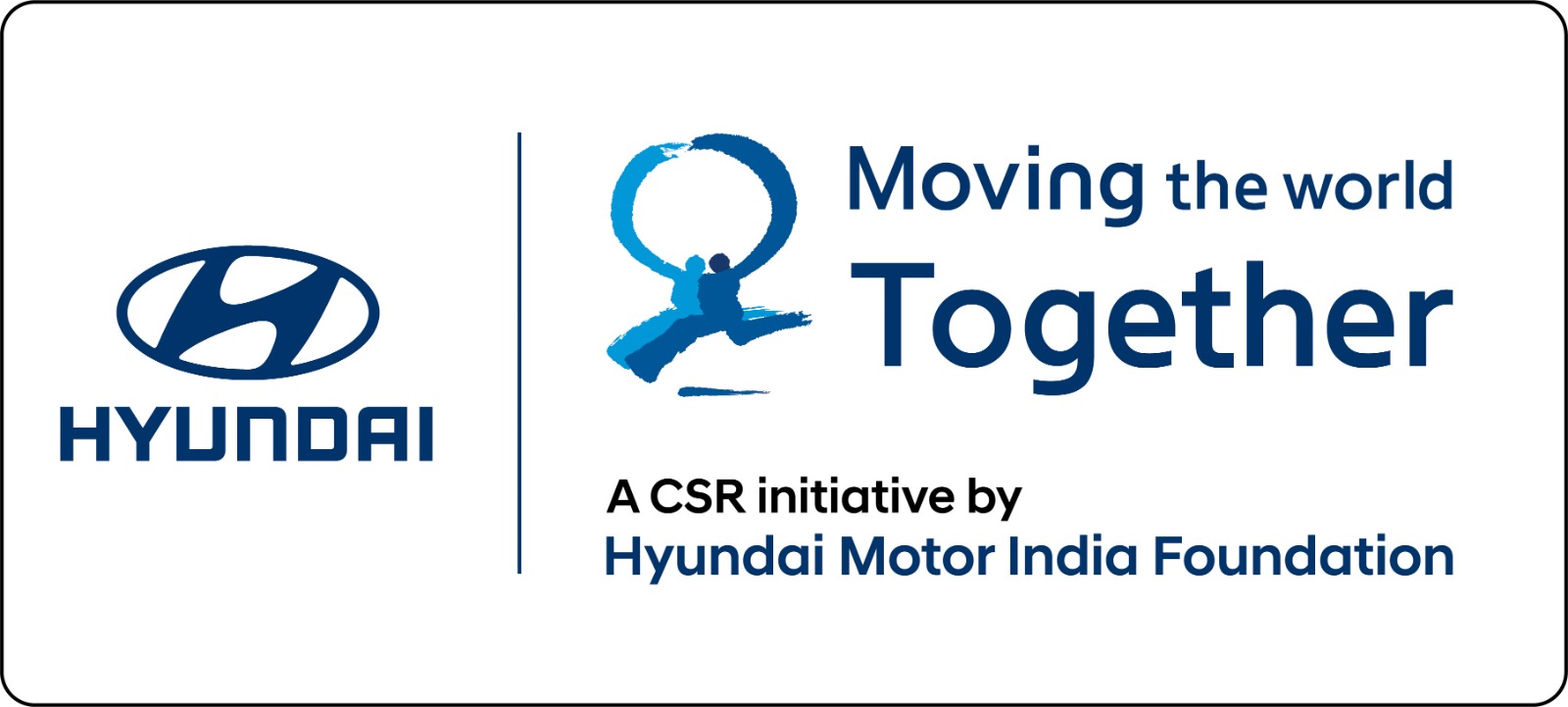


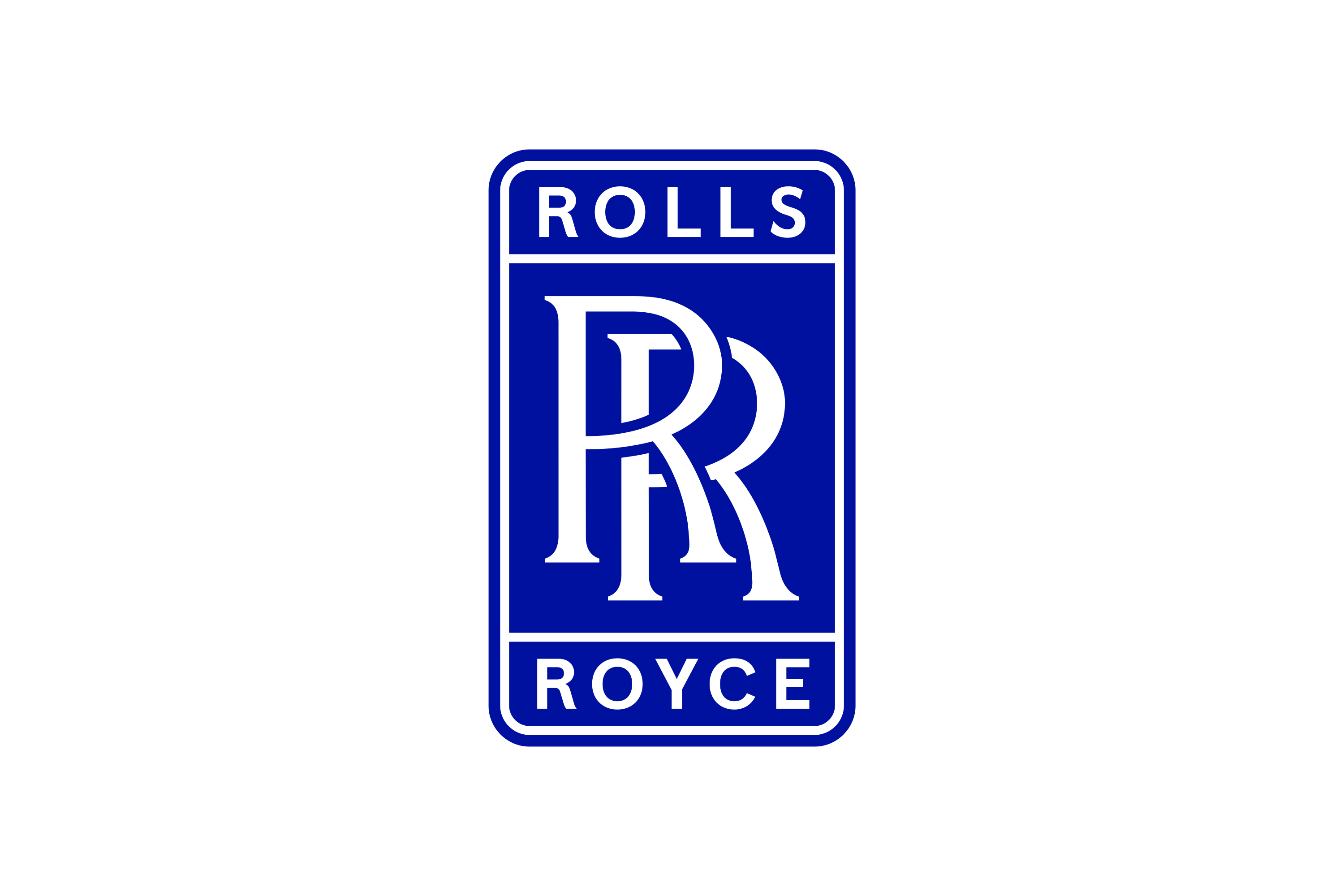
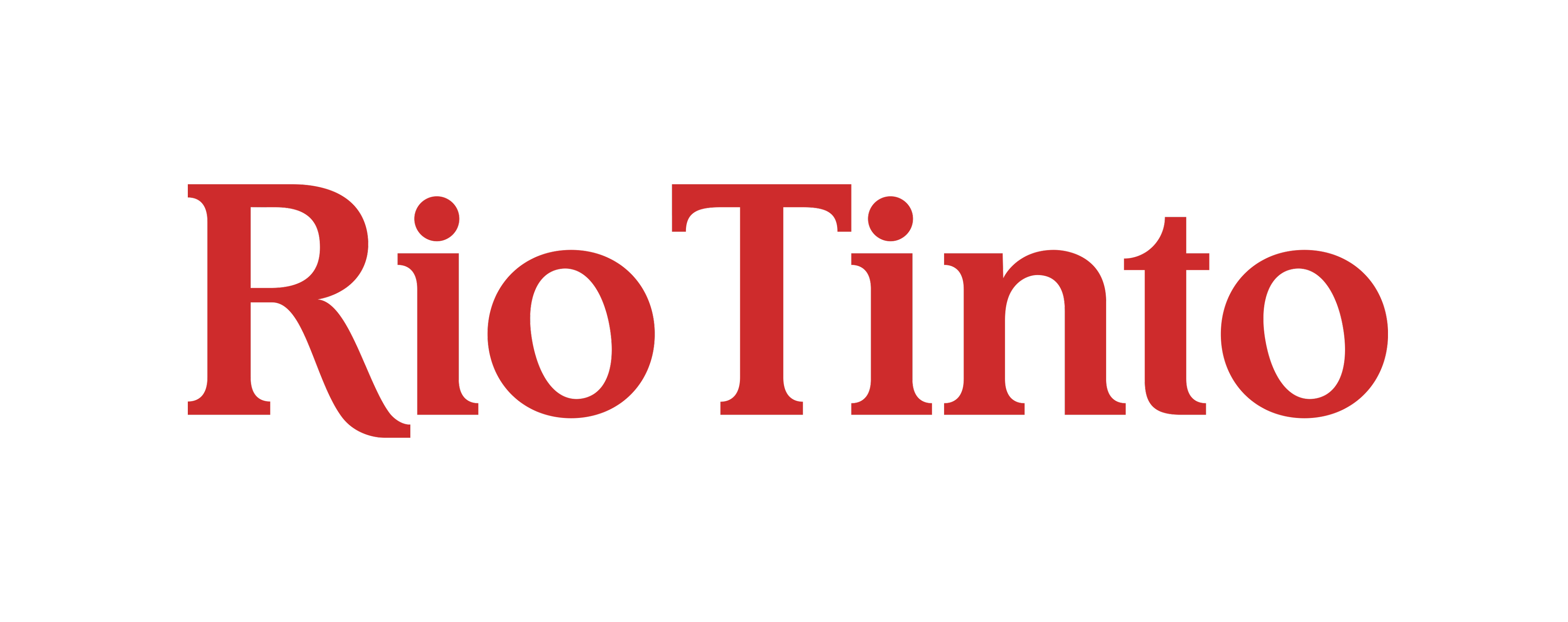
.png)

.png)

